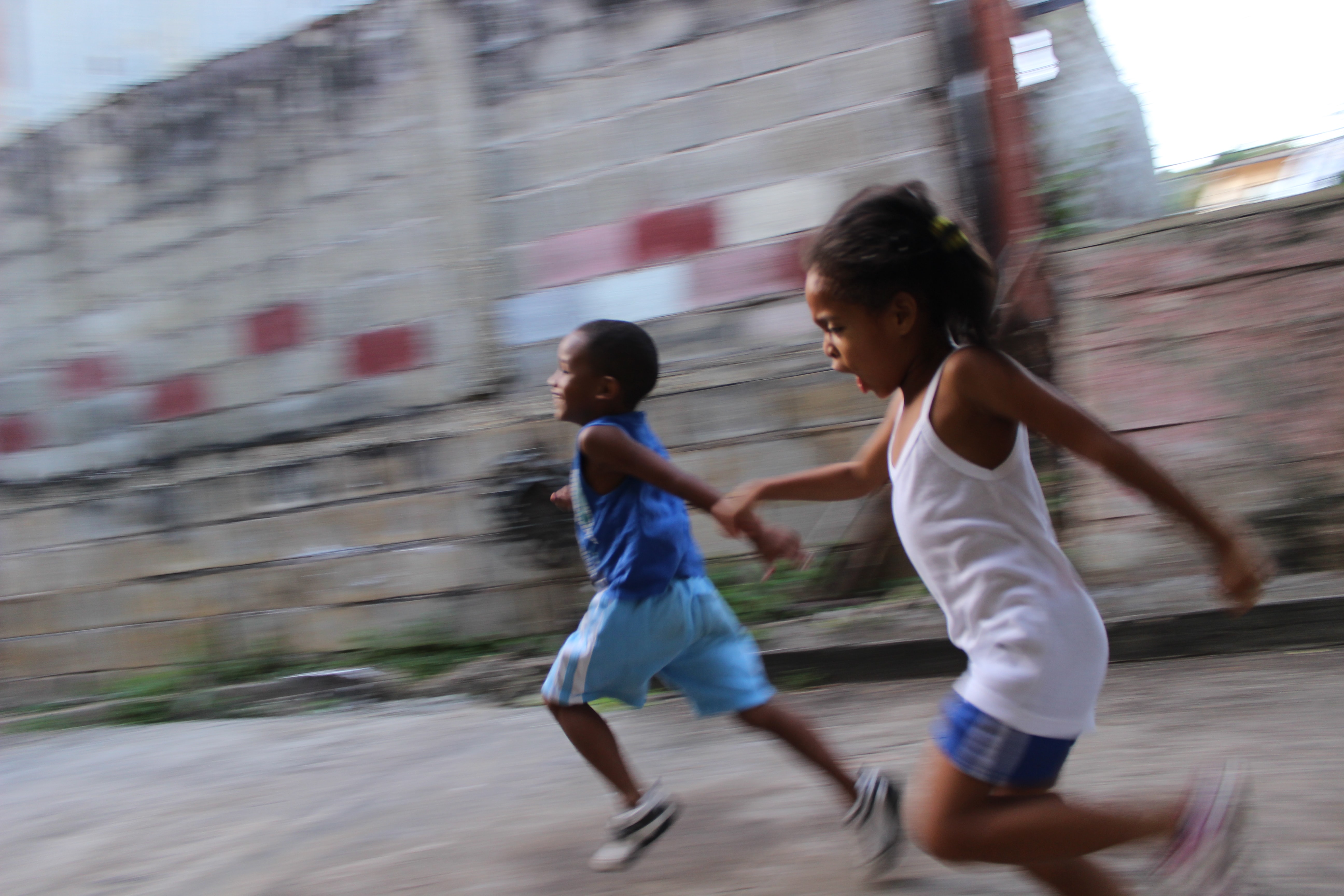There was a time when I was teaching in the classroom, I heard one of my students told me that Chinese Indonesians (Tionghoa) should be expelled from our country. This was a shocking bold statement that I spontaneously asked him where he received that thought in the first place. He explained to me that he acquires that notion from other teachers, even parents and people in his circumstances have the same perspective on that issue. This was originated from the issue of Basuki Tjahaya Purnama or well-known as Ahok, the late Jakarta city governor, accused for blasphemy. Then I asked my student again why he thought this Chinese Indonesian is guilty of that accusation and even if he is indeed guilty of the wrongdoings, why this should impact to all Chinese Indonesians to pose all the burden and consequently, they should be excluded from our society. He said that he had no idea, he just trusted what other older people said, especially teachers in the school who delivered the matter of case.
From that event, I strongly believe that teachers, as the frontier of education, should react to the fact that this sort of situation need change. We need to prepare and guide our children to have a sense of questioning everything, not accepting all information they obtain, even though that insights are from individual who is believed to have authority of knowledge. In this case, critical thinking can play a pivotal role in dealing illogical and false argument. Applying critical thinking activities in the classroom can likely sharpen sensible argument (Nappi, 2017). Thus, students can interpret any issues and topics with their best fair assessment according to the fact and justice. Seifert (2010) proposed the value of critical thinking is about the essential factor of questioning to have reasonable clarification, the availability of evidence, contextual situation, and pertinency. In another definition, critical thinking is “gathering facts from many unbiased sources, arrange them in order of importance, set aside the least relevant facts, evaluate potential decisions with experts, make some sort of decision, implement the decision, and then test the effectiveness of the decision” (Snell, 2020). From this definition, it can be understood that thinking critically means a process that someone takes carefully in order to gain a valid data to achieve reliable final conclusion. Another important aspect of critical thinking is that in term of education settings, critical thinking skills can equip learners with initial preparation to succeed in their future work since they are likely to communicate rather effectively and analytically and overcome challenges in the workplace (Živkovi, 2016). Hence, critical thinking may have potential to help individual to maintain a realistic mindset approach in dealing real life problems and required to be embedded in pedagogy engagement.
One of the examples of substantial use of critical thinking is that in the matter of disaster management, it is kind of reasoning skills to organise and arrange the information gained to achieve the most appropriate decision making of response strategy upon solving of a problem (Albanese & Paturas, 2018).
There are several methods in delivering critical thinking skills into practices. One of the techniques to foster critical thinking is blooms taxonomy questioning hierarchies (Mpofu & Maphalala 2017). This technique uses the order of low to high in critical thinking to develop. Therefore, people can equip themselves with a coherent and logical analysis until they can build their final conclusion and creation.
To sum up, it is clear that critical thinking is crucial to develop someone’s argument so that the conclusion or decision made is valid and solid []
References:
Albanese, J., & Paturas, J. (2018). The importance of critical thinking skills in disaster management. Journal of Business Continuity & Emergency Planning, 11(4), 326-334. Retrieved from http://proxy.library.adelaide.edu.au/login?url=http://search.ebscohost.com/login.aspx?direct=true&db=bth&AN=129665267&site=ehost-live&scope=site
Mpofu, N., & Maphalala, M. C. (2017). Fostering critical thinking in initial teacher education curriculums: A comprehensive literature review. Gender & Behaviour, 15(2), 9256-9266. Retrieved from http://proxy.library.adelaide.edu.au/login?url=https://search-proquest-com.proxy.library.adelaide.edu.au/docview/2108815142?accountid=8203
Nappi, J. S. (2017). The Importance of Questioning in Developing Critical Thinking Skills. Delta Kappa Gamma Bulletin, 84(1), 30-41. Retrieved from http://proxy.library.adelaide.edu.au/login?url=http://search.ebscohost.com/login.aspx?direct=true&db=ehh&AN=125223046&site=ehost-live&scope=site
Seifert, P. C. (2010). Thinking Critically. AORN Journal, 91(2), 197-199. doi:10.1016/j.aorn.2009.11.062
Živkovi, S. (2016). A Model of Critical Thinking as an Important Attribute for Success in the 21st Century. Procedia - Social and Behavioral Sciences, 232, 102-108. doi:https://doi.org/10.1016/j.sbspro.2016.10.034
Snell, R. (2020). Don't underestimate the importance of critical thinking. Journal of Health Care Compliance, 22(1), 3-4. Retrieved from http://proxy.library.adelaide.edu.au/login?url=https://search-proquest-com.proxy.library.adelaide.edu.au/docview/2351562277?accountid=8203


 Ahmad Arief Muttaqien
Ahmad Arief Muttaqien

 Sikula
Sikula


 Muhammad
Muhammad
 Ayu
Ayu

